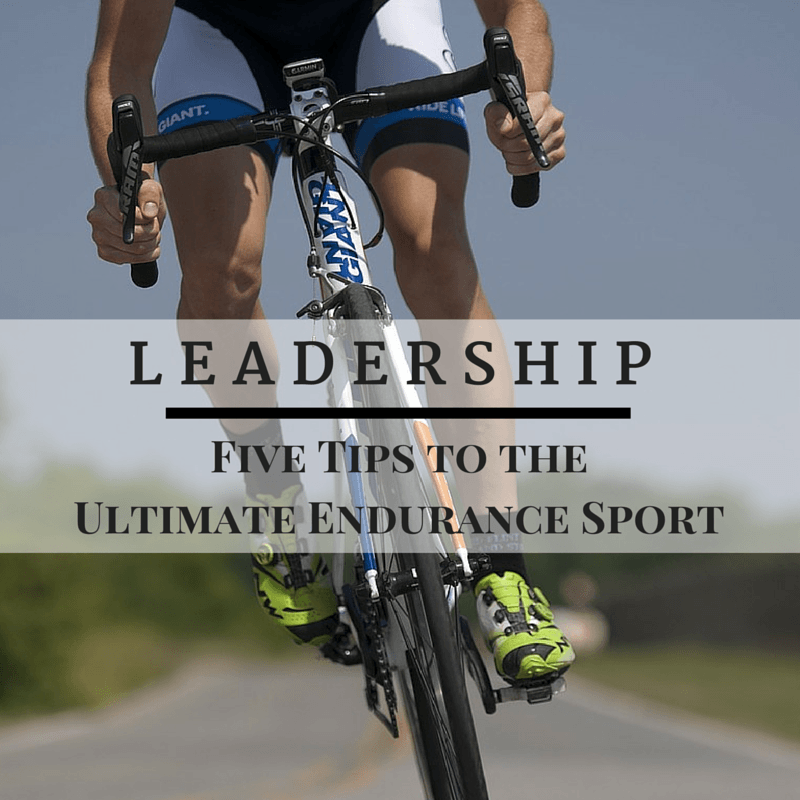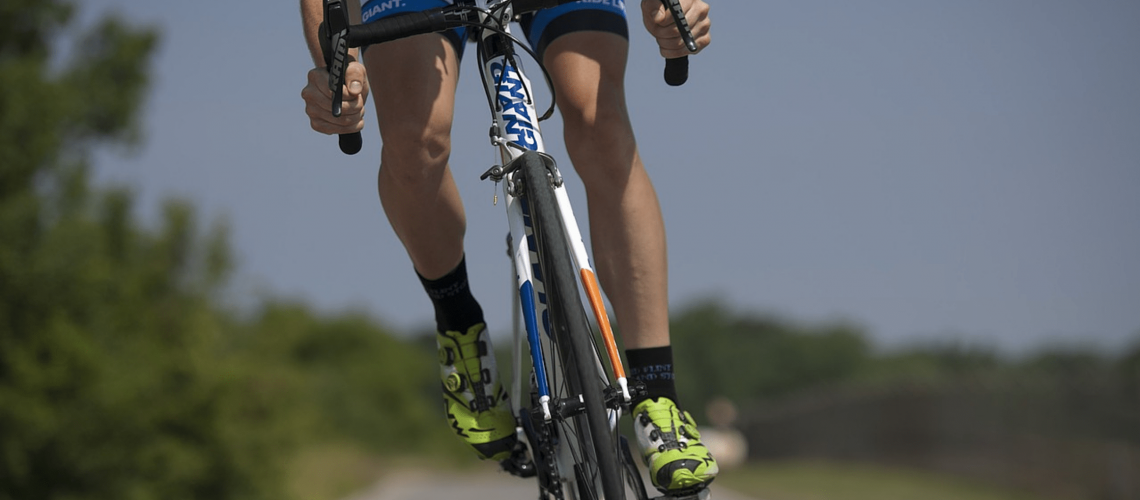
I’m not the best at exercising. Whoever made up that endorphin myth can keep it. I have worked out for hours and the only result was sweat and energy drain…not some magical happy place.
When it comes to leading, however, it’s the complete opposite. The harder a challenge, the more energy I have for it. I also get more energy and satisfaction once the challenge is resolved.
In spite of my general distaste for exercise, I know I need it for the health of my mind and body (more on that later). If I don’t take care of myself, I won’t be able to solve those fun work challenges that I love. So, endorphins or not, I’ve got to do something.
That something is biking. I used to spin regularly and got away from it. In the last 18 months, my father has been cycling and just finished his second century ride (100 miles). Biking is a way for both of us to stay healthy, and if that includes vacationing and riding together, I’m all for it.
During the past few months, as I have readied myself for longer and longer endurance rides, I have learned a lot about biking. Since I have plenty of time to think while I’m on the bike, I can’t help but compare this journey to the other journeys we take, in work and life.
If it’s not uncomfortable and you aren’t falling down occasionally, you’re not trying hard enough
As leaders, if we’re not learning and growing, we will quickly lose our effectiveness. Any time we try something new, there’s a risk of falling down and/or being uncomfortable. The key is to get back up and work through the discomfort until the role, skill, etc feels like a relatively good fit.
Last weekend was the first time I used clip-in shoes outdoors. I made sure I practiced getting in and out before my first ride. I fell twice, scaring myself to death and receiving a misshapen and discolored leg in the process. I had a good cry, made sure nothing was broken, practiced a few more times, and then rode for a personal best average of 14mph.
[tweet “If you aren’t falling down occasionally, you’re not trying hard enough.”]
The more you work, the better you get and the more you can take
New skills, roles and projects make leaders stretch and strain. Over time, we can go further and farther with what seems like less effort. If it feels too easy, we are ready for bigger climbs and longer distances. The result is a cycle of challenge, discomfort, growth/skill development, and new challenge.
[tweet “Discomfort is a temporary step in our growth and development.”]
Manage the friction
If there’s no friction, there’s no forward movement. If there’s too much in the wrong areas, pain or malfunction will keep us from moving for a while. Change can be difficult and there may be natural resistance within and/or around us. We need to do what we can to smooth the way, knowing that some friction will remain or we can’t make progress.
[tweet “We need enough friction to make progress, but not so much that we stop moving.”]
Plan for the duration and complexity
Life is a marathon, not a sprint. We need to make sure we always have a little bit in the tank for when we need it. If we sprint up the first big hill we see, what will we do when there’s a bigger one on the other side? And another one?
We need to look at the landscape ahead for ourselves and our teams, anticipating the best path forward. We will have greater success if we are able to take advantage of slow periods to create momentum going into tougher times that lay beyond. Otherwise, we spend our time reacting and recovering, making those tougher times even more challenging.
[tweet “Leave a little in the tank for the unexpected.”]
Take care of your mind and body or you’ll bonk
While this may seem obvious in biking, it is true in leadership and life as well. We need to have energy, hydration, and oxygen for our minds and bodies to function at top form. We make better decisions when we are rested, fed, and moving around.
As leaders, we may eat on the run and ignore the needs of our body, putting real strain on our brain as a result. It is much more difficult to recover once we’ve bonked (energy crash on a bike) than to take care of ourselves along the way.
This last lesson is one I continue to struggle with and will revisit in a later post. Having bonked about 9 miles from home in my last outdoor adventure (44 miles), it was much more painful that it needed to be. Bonking in life has a much greater impact and takes even longer to recover…as I’m finding out.
[tweet “Feed your body. Feed your mind. Else, lose your body. Lose your mind.”]
Do any of these lessons resonate with your journey? Do you have others you would offer? I would love if you could share your experience in the comments and keep the conversation going.








